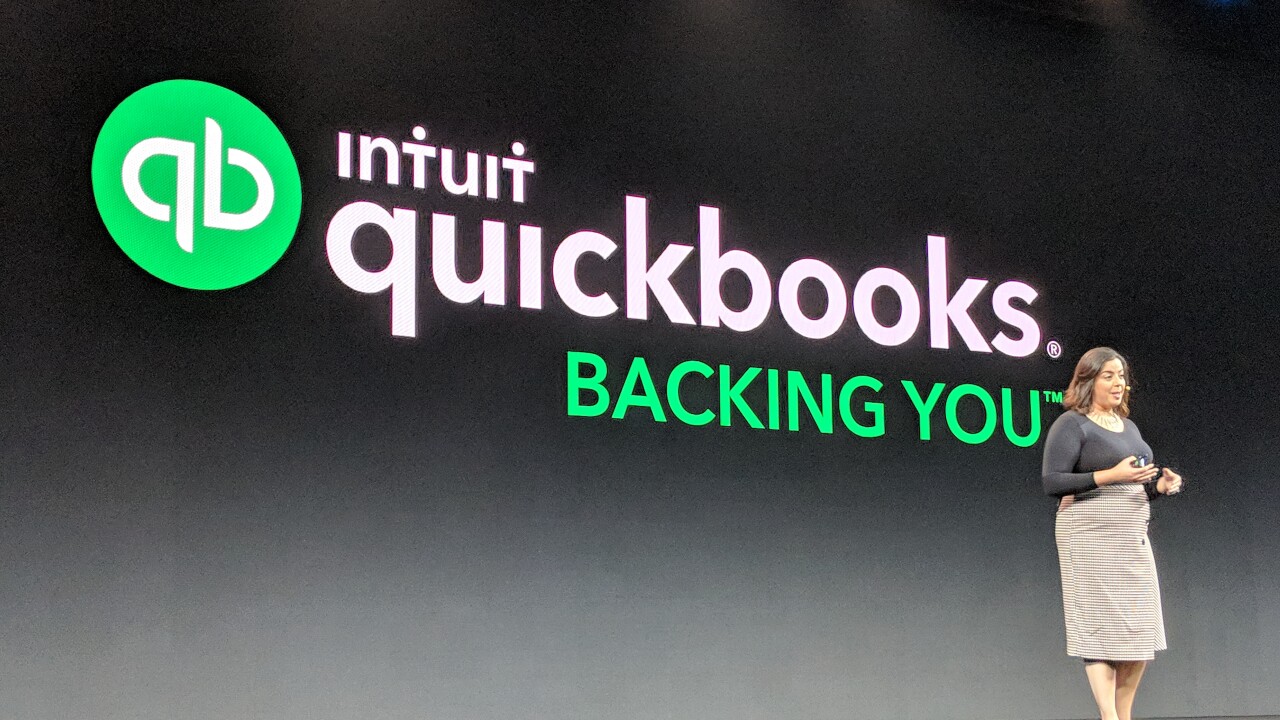For most tax practitioners, household employment is a tricky part of the Tax Code — primarily because of what they get from clients and when they get it.
Busy families who have nannies, senior caregivers, housekeepers, etc., are novices when it comes to employment administration and often wait until the tax year is over to take care of their household employer obligations. As a result, there's usually a lot of cleanup.
The family more than likely failed to withhold FICA taxes from the employee's pay. They probably never set up tax IDs or reported wages to the state throughout the year (as required by most states). As one of our accountant partners put it, household employment is a "big can of worms."
Of course, these kinds of oversights and omissions can be resolved after the fact. But the cleanup is messier, especially on state-level obligations. And it's always cheaper and easier to handle compliance proactively, but in 2023 that's even more true.
While families are always well-advised to put their employee on the books at the time of hire, this year presents a handful of additional circumstances that are raising the stakes even more. Following the 2022 tax season, we highly recommend tax professionals proactively advise families to take care of any household employment obligations during the year. You'll be doing your clients a big favor. It's the only remedy that's 100% effective at preventing "cans of worms."
Here are five new reasons to try to get your clients to avoid a reactive mess next tax season:








